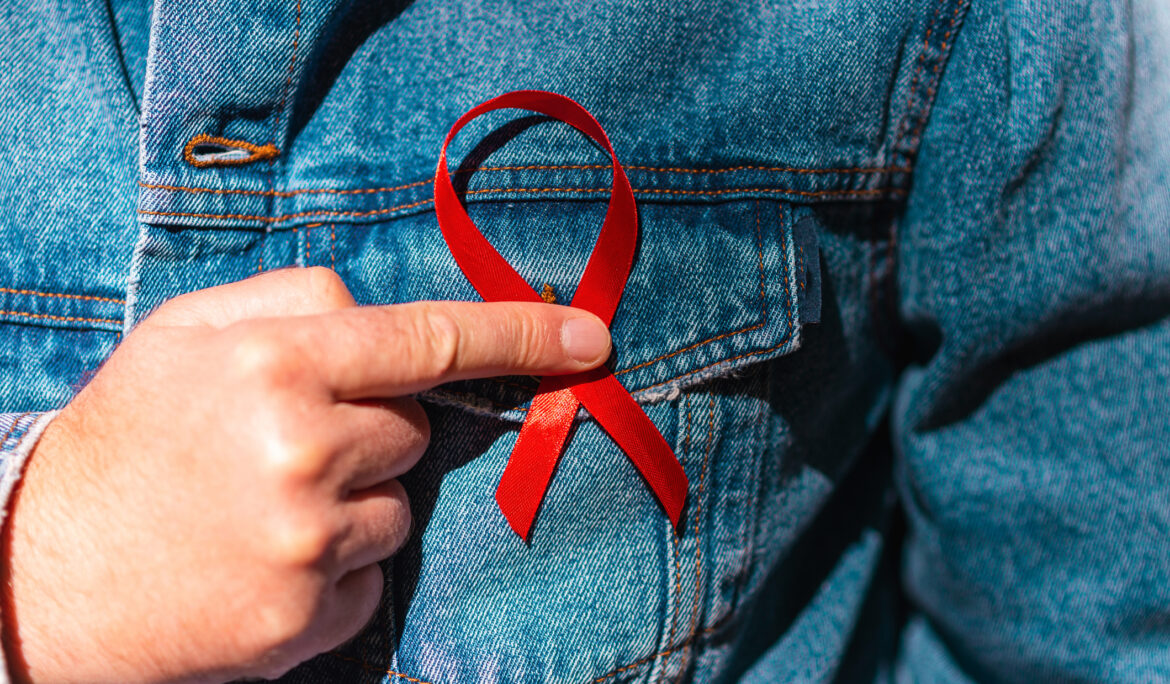Understanding World AIDS Day and the Ongoing Fight Against HIV/AIDS

World AIDS Day, observed annually on December 1, serves as a global platform to raise awareness about the HIV/AIDS epidemic, honor those who have lost their lives, and unite efforts in combating the virus. Established in 1988, it was the first-ever international day for global health, highlighting the critical need for continued education and action.
The Significance of World AIDS Day
World AIDS Day provides an opportunity to reflect on the progress made in the fight against HIV/AIDS and acknowledge the challenges. It emphasizes the importance of protecting human rights as a fundamental component of an effective HIV response. The United Nations underscores that upholding everyone’s rights is essential to ending AIDS as a public health threat by 2030.
Understanding HIV and AIDS
Human Immunodeficiency Virus (HIV) attacks the body’s immune system, specifically the CD4 cells (T cells), crucial for immune defense. If untreated, HIV can lead to Acquired Immunodeficiency Syndrome (AIDS), the most severe phase of HIV infection, where the immune system is significantly compromised, making the body vulnerable to opportunistic infections and certain cancers.
Causes and Transmission of HIV
HIV is primarily transmitted through:
- Unprotected sexual contact with an infected person.
- Sharing needles or syringes with someone who has HIV.
- From mother to child during childbirth or breastfeeding.
- Receiving contaminated blood products or organ transplants (though rigorous screening has made this mode extremely rare in many countries).
It’s important to note that HIV is not spread through casual contact, such as hugging, shaking hands, or sharing utensils.
The Dangers of HIV/AIDS
Without proper treatment, HIV progressively weakens the immune system, leading to AIDS. Individuals with AIDS are susceptible to severe illnesses, including tuberculosis, certain cancers, and other opportunistic infections. Early detection through testing and subsequent antiretroviral therapy (ART) can manage HIV effectively, allowing individuals to lead healthy lives and significantly reducing the risk of transmission.
The Importance of Education and Awareness
Educating the public about HIV/AIDS is crucial in reducing stigma, preventing new infections, and encouraging testing and treatment. Awareness campaigns and observances like World AIDS Day are vital in disseminating information and fostering a supportive environment for those affected.
TBYS Is Here For You
On this World AIDS Day, we encourage everyone to take proactive steps in the fight against HIV/AIDS:
- Get Tested: Knowing your HIV status is essential for your health and the health of others.
- Educate Yourself and Others: Learn about HIV transmission and prevention, and share this knowledge within your community.
- Support Those Affected: Show compassion and support for individuals living with HIV/AIDS.
For more information and resources, visit the TBYS resources page. By coming together and taking these actions, we can make significant strides toward ending the HIV/AIDS epidemic and ensuring a healthier future for all.

